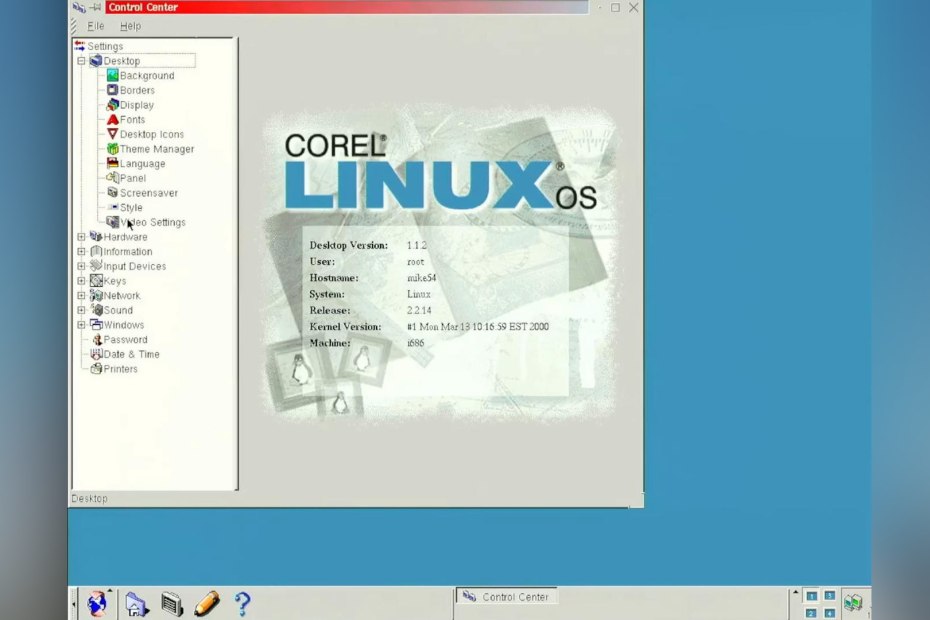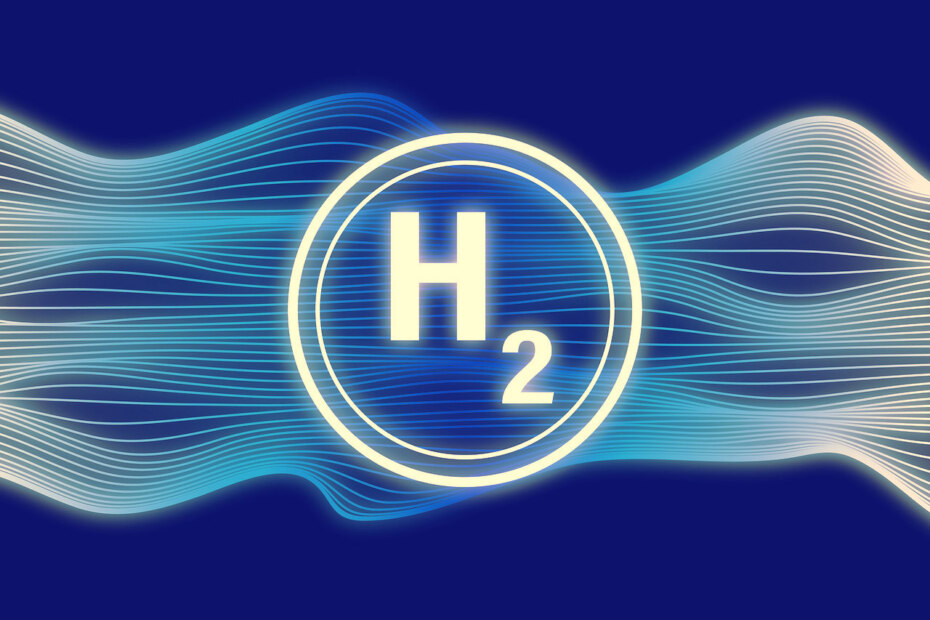How to reopen a closed browser tab
It’s a common occurrence to have multiple tabs open in a browser, and sometimes we accidentally close the wrong one. Instead of manually searching through your browser history to find the closed tab, there’s a quicker and more efficient way to reopen it. By using the keyboard shortcut of Ctrl+Shift+T (on a PC) or Command+Shift+T… Read More »How to reopen a closed browser tab









